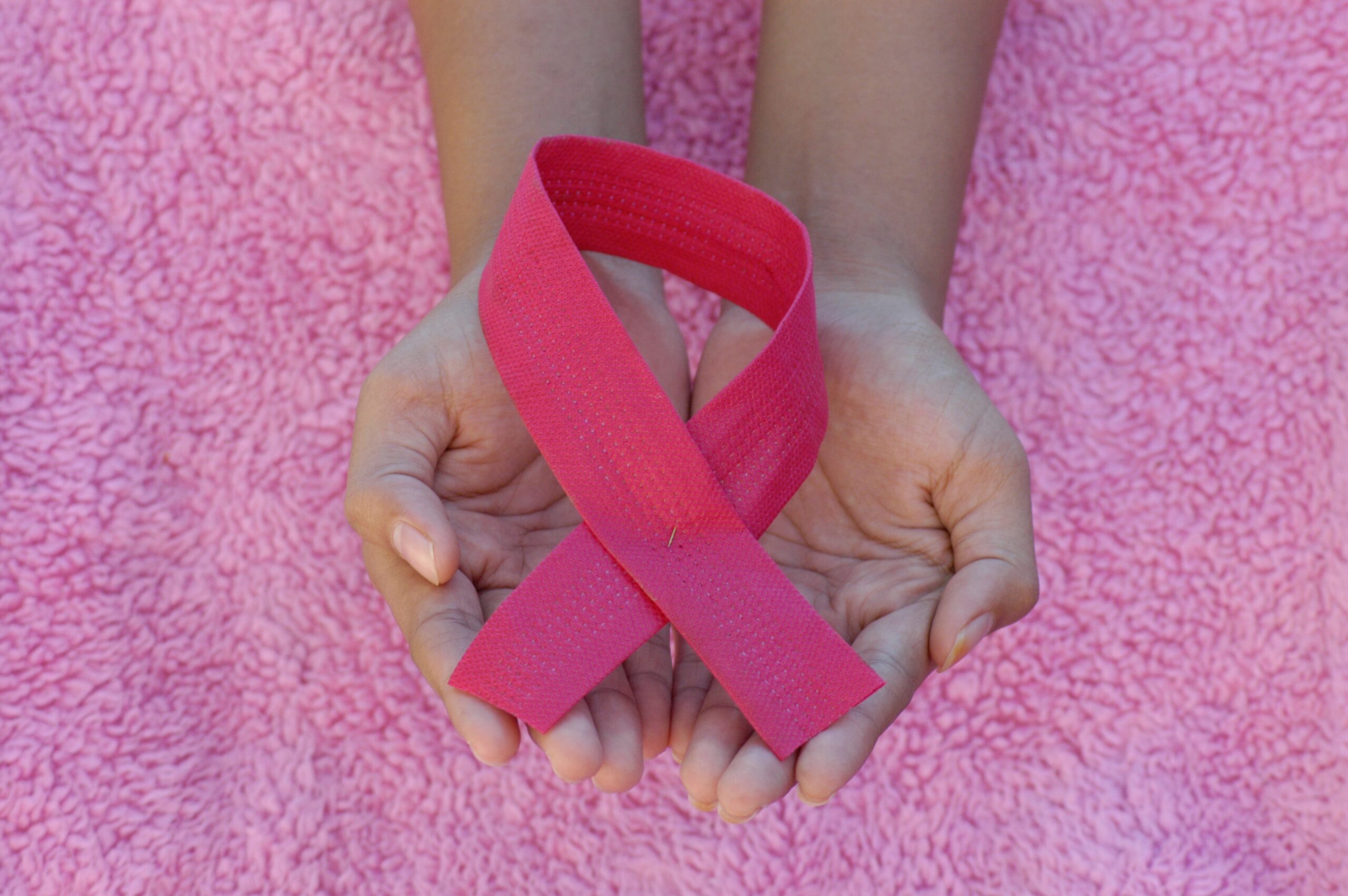

04
Oct
A Holistic Approach to Breast Cancer Awareness: Mitochondrial Function, Thermography, and the Keto Diet

October is the month dedicated to breast cancer awareness. It’s a time to shine a light on a disease that affects millions worldwide. In this post, we’ll explore a holistic approach to managing breast cancer, focusing on mitochondrial function, an alternative diagnostic tool known as thermography, and the potential benefits of the ketogenic diet.
Mitochondrial Function and Cancer
Mitochondria are the powerhouses of our cells, responsible for producing the energy we need to survive and thrive. But what happens when these powerhouses malfunction?
Research indicates that mitochondrial dysfunction can contribute to the development and progression of cancer.
Dr. Otto Warburg, a German physiologist and Nobel laureate, proposed a pioneering theory on the relationship between mitochondrial dysfunction and cancer in the early 20th century. According to Warburg’s theory, cancer cells have a different energy metabolism than healthy cells. He proposed that rather than generating energy via mitochondrial oxidative phosphorylation—as in normal cells—cancer cells generate energy predominantly by glycolysis, a less efficient metabolic pathway that occurs in the cytosol and produces lactic acid, even in the presence of ample oxygen. This phenomenon is now known as the “Warburg Effect”.
Warburg’s theory suggested that mitochondrial dysfunction and the subsequent shift to glycolysis is not just a symptom but a fundamental cause of cancer. His hypothesis provided a new perspective on cancer research, emphasizing the potential importance of energy metabolism—particularly the role of mitochondria—in the onset and progression of cancer. Despite some controversy, recent research has continued to explore this link, often finding evidence supportive of Warburg’s original theory. This underscores the relevance of mitochondrial health in cancer prevention and treatment strategies.
In breast cancer, abnormal mitochondria can cause cells to grow and divide uncontrollably, leading to tumor formation[^1^]. Understanding this link offers a new perspective on managing breast cancer. By focusing on improving mitochondrial function through lifestyle changes such as diet, physical activity, and stress management, we may be able to influence the course of the disease.
Thermography: An Alternative to Mammograms
Next, let’s discuss thermography. Traditional mammograms use X-ray technology to detect breast abnormalities; they can be uncomfortable and expose you to radiation. Enter thermography a non-invasive, painless procedure that detects heat patterns in the breast tissue.
Cancer cells are typically more active and produce more heat than normal cells. Thermography uses this principle to identify areas of concern without the need for radiation or compression[^2^]. While it’s not yet a standalone diagnostic tool, it could be a valuable addition to providing a more comprehensive overview of breast health.
We recommend Dynamic Thermal Imaging “Dynamic Thermal Imaging is dedicated to providing our clients with accurate and thorough thermographic scans, while also ensuring comfort and confidence”.
To schedule an appointment, call (585) 734-6083.
Dr. Nasha Winters and “The Metabolic Approach to Cancer”
Dr. Nasha Winters is a renowned naturopath and a global healthcare authority in integrative cancer research. She combines her personal experience as a cancer survivor and her extensive professional expertise to inspire a new conversation about cancer.
In her landmark book, “The Metabolic Approach to Cancer”, co-written with Jess Higgins Kelley, Dr. Winters provides a comprehensive, holistic roadmap for those navigating the complicated terrain of the disease. The book emphasizes the importance of a metabolic approach to cancer management, delving into the role of mitochondrial function, the influence of dietary and lifestyle factors, and the potential effectiveness of therapies like the ketogenic diet – aligning closely with the holistic approach we’ve discussed in our post. Her work has inspired many to reevaluate their notions of cancer and its treatment, opening up the pathway to healing that places equal emphasis on nourishment, emotional well-being, and physical health.
The Keto Diet and Breast Cancer
Lastly, we delve into the world of nutrition. The ketogenic or keto diet is a high-fat, low-carb eating plan designed to put your body into a state of ketosis. This forces your body to burn fat for energy instead of glucose.
Emerging research suggests that the keto diet may benefit breast cancer patients. Cancer cells primarily use glucose for fuel. By restricting glucose availability, the keto diet could potentially slow down tumor growth[^3^]. Additionally, as a high-fat diet, it supports mitochondrial health, aligning with our holistic approach.
In Conclusion
Navigating breast cancer can feel like walking through a labyrinth in the dark, but every step forward brings us closer to the light. The path to healing is not one-size-fits-all; it’s about finding the right balance for you. Whether that includes exploring alternative diagnostic tools like thermography, tweaking your diet, or focusing on your mitochondrial health, remember, you are not alone in this journey.
Together, we can make every month Breast Cancer Awareness Month.
At Nutritional Wellness Center, we help support clients preventively or when undergoing cancer treatment. For more information, call or text 607-277-1964 or email [email protected]
